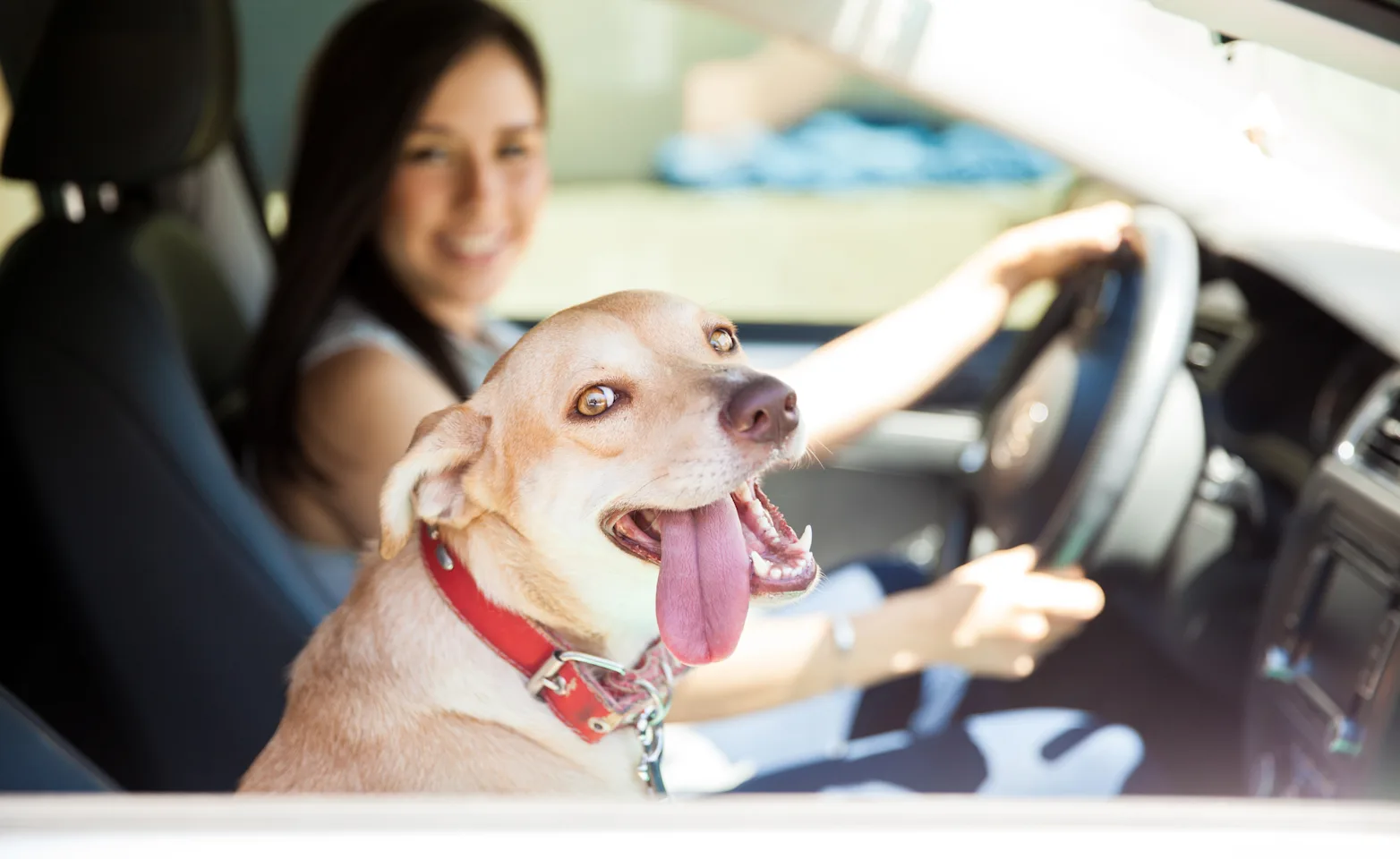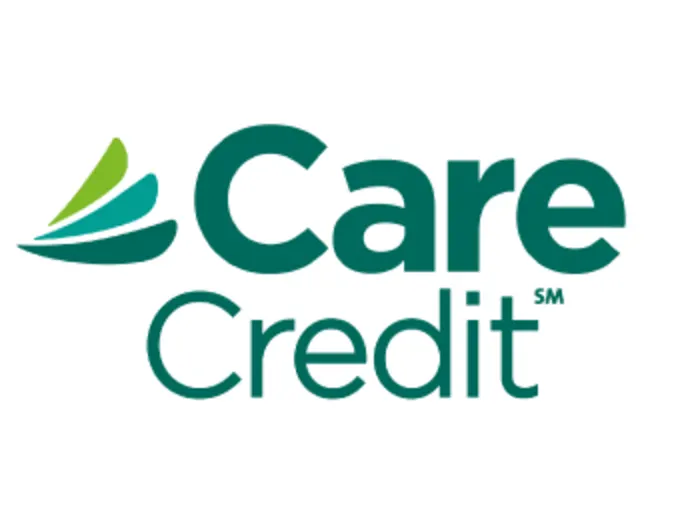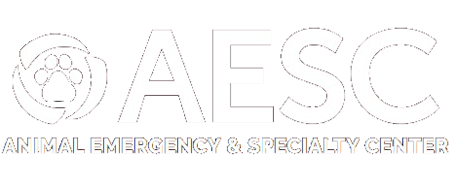Animal Emergency & Specialty Center - Parker (AESC)

Pet Owners
Appointments
Emergency
While calling ahead does help us prepare for your arrival, it is not required. There is no appointment needed for your pet to receive emergency care; please come right in. A member of our team will triage your pet upon arrival to evaluate his or her condition. Pets are then seen by a doctor in order of need; the most critical cases will get immediate assistance. If all waiting pets are equally stable, they will each be seen in order of arrival.
We appreciate your patience and understanding as you wait in our ER. Much like a human emergency room, we do everything we can to treat all pets as soon as possible. If other pets are being seen before yours, they are likely experiencing a potentially life-threatening medical issue that requires immediate attention.
Specialty
To see one of our board-certified specialists, please call (720)-842-5050 and a team member will schedule an appointment for you. When you arrive at your appointment with your pet, please bring any related medical history as well as bottles of their current medications.
First, the specialist will evaluate your pet. Then with your permission, diagnostic procedures may be performed if needed. Our specialist will discuss the diagnosis, treatment options, and prognosis with you, and you’ll have the chance to ask him or her any questions. If you think of a question after you leave our hospital, don’t worry—you can call and ask at any time. All information including diagnostic results, diagnosis and treatment decisions will be shared with your family veterinarian. You, your veterinarian, and our staff will work together to devise a treatment plan that’s best for you and your pet.
Resources
Animal Poison Control Center
As the premier animal poison control center in North America, the APCC is a great resource for any animal poison-related emergency, 24-hours a day, 365 days a year. If you think that your pet may have ingested a potentially poisonous substance, please contact us immediately. You can also reach the Animal Poison Control Center toll-free at 1-888-426-4435. They may apply a $95 consultation fee to your credit card.
Visit ASPCA for more information.
Pet Safety

If seeking services at AESC require you to travel long distance and you need overnight accommodations, the SpringHill Suites Denver Parker offers discounted rates for AESC clients.
Visit their website below to make a reservation:
Financial
Payment Methods
For your convenience, AESC accepts cash, Visa, MasterCard, Discover, American Express, CareCredit, Scratchpay and many forms of pet insurance. AESC does not accept checks.

Scratch Pay
Scratch Pay offers flexible repayment plans that work best with your budget.
*Subject to credit approval. To learn more or apply, please visit:

CareCredit
We accept the CareCredit credit card as a flexible financing option to help you pay for the care your pet needs, when they need it.
**Subject to credit approval. See carecredit.com for details.
Frequently Asked Questions
What should I bring to my first appointment?
We would like to review any x-rays or laboratory work that was completed by your family veterinarian, as well as your veterinary referral form so we understand your pet’s history, treatments, and overall condition. If you have an appointment with one of our services, we will call your family veterinarian beforehand to ensure we have everything we need when you arrive.
What do I need to know about caring for my pet when we go home?
Pets are sent home with printed discharge instructions that include information about diet, activity, medications, and follow up appointments. The at-home care instructions will vary depending on the diagnosis or procedure. If your pet had surgery or has special needs, additional information will be included. Your pet’s care team will take as much time as is necessary to discuss the instructions with you and answer any questions you may have before your pet is discharged. If you have any questions after you leave, please reach out to us any time.
Can I visit my pet during hospitalization?
We understand that undergoing treatment and being away from home can stress pets and their family members. Your presence will contribute to your pet’s recovery and give your family peace of mind, so we encourage you to visit during your pet’s stay with us. We do not restrict visitation to certain times of the day; however, our major treatment times fall between 7-9 and 2-4 (both am and pm) so if you choose to visit at those times, please be aware there will be a short wait. Please call and schedule a visit to minimize the wait time.
If your pet is still recovering from surgery, receiving certain treatments (for example a blood transfusion or chest tube maintenance) or resting for the first time, we will ask you to visit at another time. Please call ahead so we can set up a visit that works for both you and your pet.
There is always the possibility that we’ll be with a critical case upon your arrival. If so, we appreciate your patience while waiting to see your pet.
Why does my pet need to be shaved for procedures?
In order to perform a sterile procedure, it is necessary for us to shave the appropriate area. We shave as small an area as possible, and the amount shaved will vary depending upon the procedure. For most procedures we will shave an area for an IV catheter, monitoring equipment, and the incision site. Please ask a member of your pet’s care team for specifics on your pet’s procedure. It may look a little funny to you, but it’s for your pet’s health and safety. Remember, hair can grow back!
What kinds of situations qualify as an emergency for my pet?
You know your pet better than anyone else does—if you’re noticing unusual behavior, we encourage you to take that to heart. Consult with your veterinarian if possible, and if not, you can bring your pet to our emergency department at any time. Learn more about our emergency services and see a detailed list of symptoms that require immediate medical attention.
We believe it’s always better to be safe than sorry. If you have a question about your pet’s behavior and your family veterinarian is unavailable, please contact us and we can advise you on the next steps.
What are your payment policies?
We know providing payment can add to the strain of the situation. We strive to ease that concern by accepting a wide variety of credit cards, including Visa, MasterCard, Discover and American Express, as well as cash, CareCredit, Scratch Pay and pet insurance. If your pet requires hospitalization, a deposit equaling the low end of the estimate is required upon admittance. Payment in full is expected at the time of discharge.
Can AESC be my regular veterinarian?
No, we do not offer routine general care at AESC. Specialists are an extension of your family veterinarian—not a replacement. We take cases that fall beyond the scope of your family veterinarian and then transfer care back to them. Our relationship with your family veterinarian is important to your pet’s optimal treatment and we work with your veterinarian to provide the best care possible.
How do you communicate with me when my pet is under your care?
Owners of hospitalized pets will receive twice-daily medical updates from the specialty staff—once in the morning and once in the afternoon. If your pet has surgery, we will call you immediately after the procedure is complete to fill you in on the details. We continue to provide updates throughout the period that your pet is under our care. We ask that you designate one person to be the primary contact for your pet. This will make communication more seamless and eliminate confusion among family members. If you would like an update at any time, please feel free to call and ask to speak with one of our ICU technicians at 720-842-5050.
How do you communicate with my family veterinarian?
If your pet has any medical history (beyond routine care) we will call your veterinarian for your pet's medical records. Whether we call for further information or not, we always send a letter to your family veterinarian covering your pet’s diagnosis and proposed treatment. After your pet undergoes a procedure, we update your family veterinarian with a letter outlining how the procedure went and the recommended discharge instructions for a healthy recovery.
If your pet is hospitalized, your veterinarian will receive regular updates with any diagnostics and treatments as well as your pet's progress. If your veterinarian calls the hospital, they will speak to the veterinarian taking care of your pet.
How is my pet cared for when hospitalized?
Your pet will be under the care of one of our specialists during the day and an experienced ER veterinarian overnight. A specialist is normally available via phone when they aren’t in the hospital. Your pet will the housed or the intermediate ward. We have several large runs for bigger dogs and smaller kennels for cats and our smaller dogs. We also have a cat ward available for our nervous or shy feline patients.
Dogs will have a comfy bed and free choice water (unless it is not allowed for medical reasons). They will be taken outside to our backyard every six hours, if not more often. If they are unable to walk, we will do our absolute best to make sure they get some outside time every day. If you visit, you are encouraged to take your pet outside as well. We have both canned and dry food available. If your pet requires a special diet, please let us know so we do not inadvertently feed something they shouldn’t have. Belly rubs are freely administered along with frequent reassurances they are a good dog.
Cats will have a cat blanket, cat bed, or a box (for hiding) - whichever they seem to prefer. As with dogs, we have several food options for cats. Some cats will not eat in the hospital or are extra picky, so please feel free to bring in their favorite food or treats.
If you visit and have any concerns, please bring them to our attention. We strive to provide the best care veterinary medicine offers and our ICU technicians are devoted to keeping your pet comfortable and happy during their stay.
Can I see where my pet will be staying?
Absolutely! Please let us know if you would like to see the kennel we have set up for your pet.
